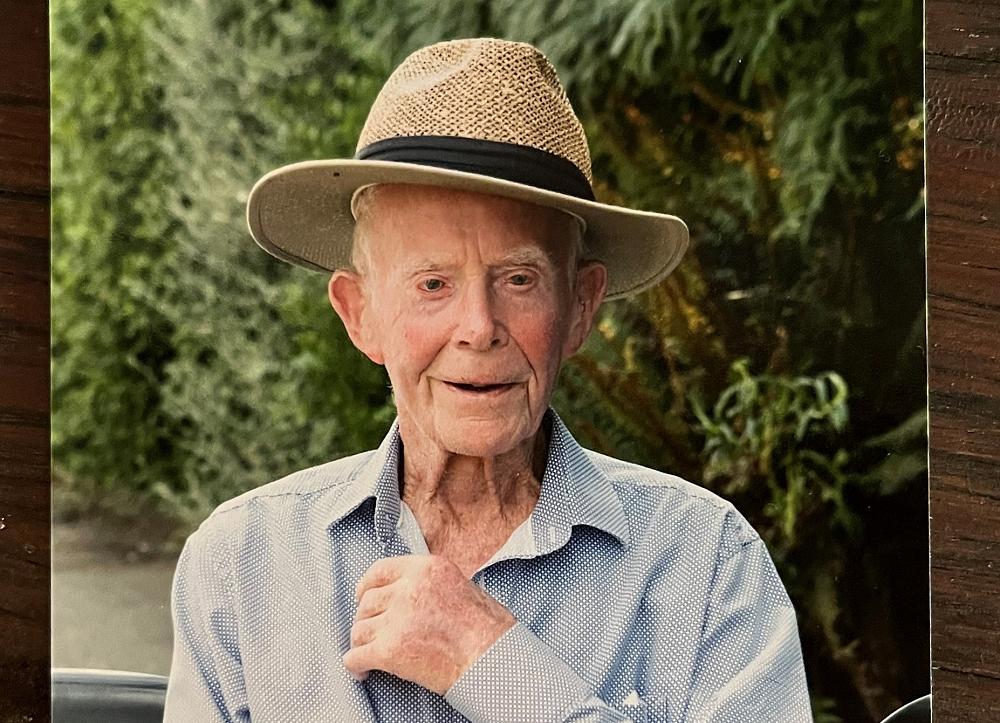
Successful aging
Studying the lives of centenarians can help us understand how to age well.
People are living longer - and some are living much longer, reaching the age of 100. What sets them apart? Centenarians are a diverse group, but they do have many characteristics in common. This research by Southern Institute of Technology nursing educator Trish Conradson sought to identify and discuss these common characteristics.
Trish Conradson interviewed a centenarian, Fred Cooper, who was still living independently. Trish asked Mr Cooper a series of open-ended questions with the freedom to further explore his thoughts and opinions. Trish also carried out a literature review of other research and data on this topic. The literature review results were then integrated into the interview findings allowing greater exploration of the topic.
The research results confirmed that there are a number of factors that contribute to long life:
- Genetic factors account for 25-30% of longevity. Fred Cooper is an example of someone with many long lived people in his family.
- Lifestyle factors are a key influence, especially physical activity and exercise. This was true for Fred Cooper, who was very active in his youth then worked as a builder.
- Resilience means being able to thrive in the face of adversity. Family support and social connectedness are important contributors to resilience. Fred Cooper was widowed but still very connected to his children and sisters.
Fred Cooper's life confirms and contributes to other evidence about longevity. He is now 101 years old and one of his sisters has turned 100. The increase in the survival rates of the oldest old citizens has implications for our society in general and the nursing profession in particular. Adding life to years as well as years to life is a challenge for the health sector and our social structures.
